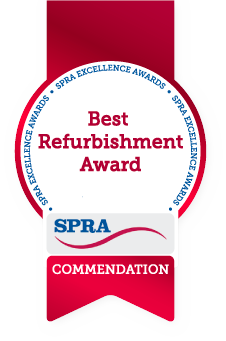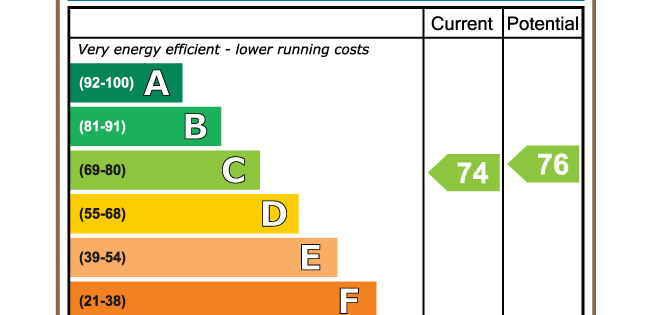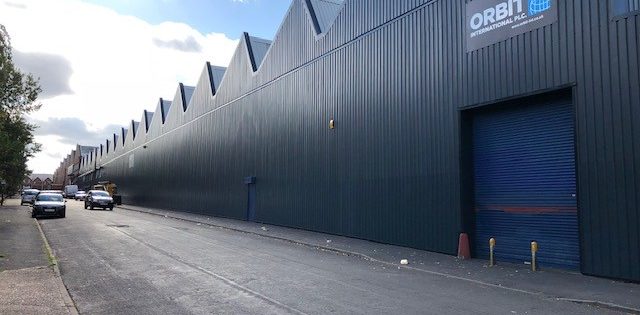What is an EPC for commercial property?
An Energy Performance Certificate (EPC) is a certificate (and report) that indicates the energy efficiency of a building and potential improvements that are possible. It covers areas such as insulation, heating and lighting.
EPC certificates rate buildings from A to G, with A being the most energy efficient. There is also a CO2 rating that outlines the approximate levels of CO2 that are emitted. An EPC is valid for 10 years.





